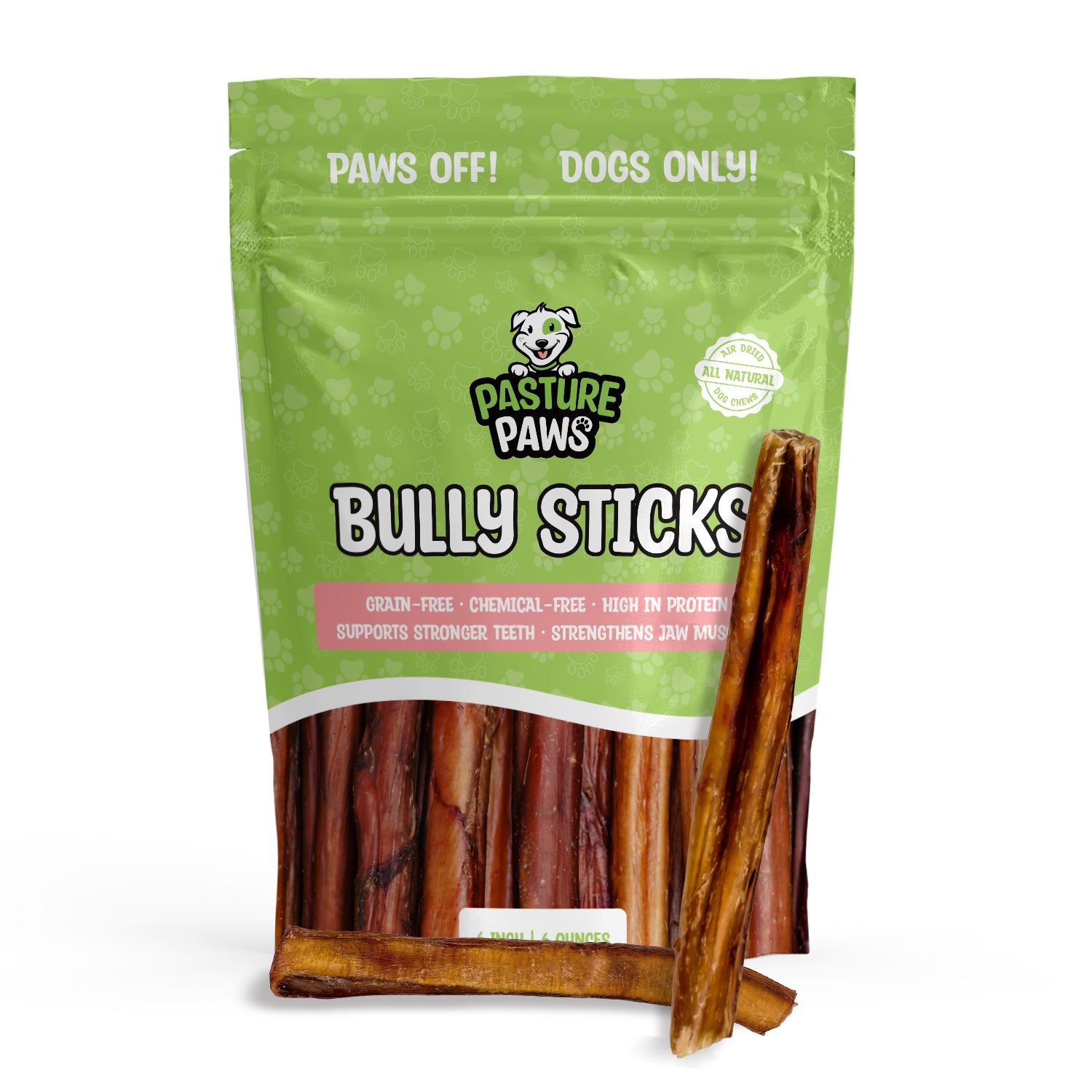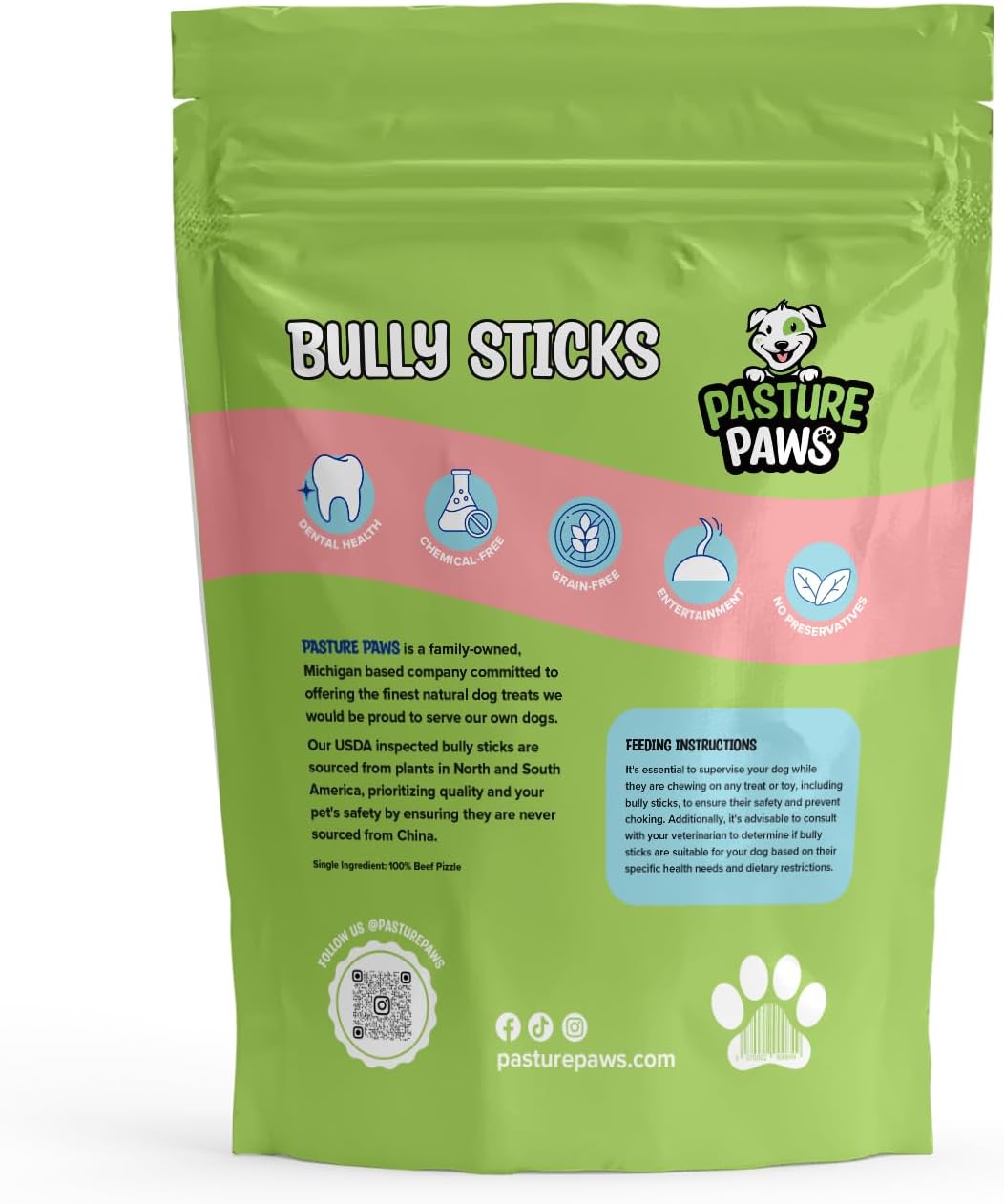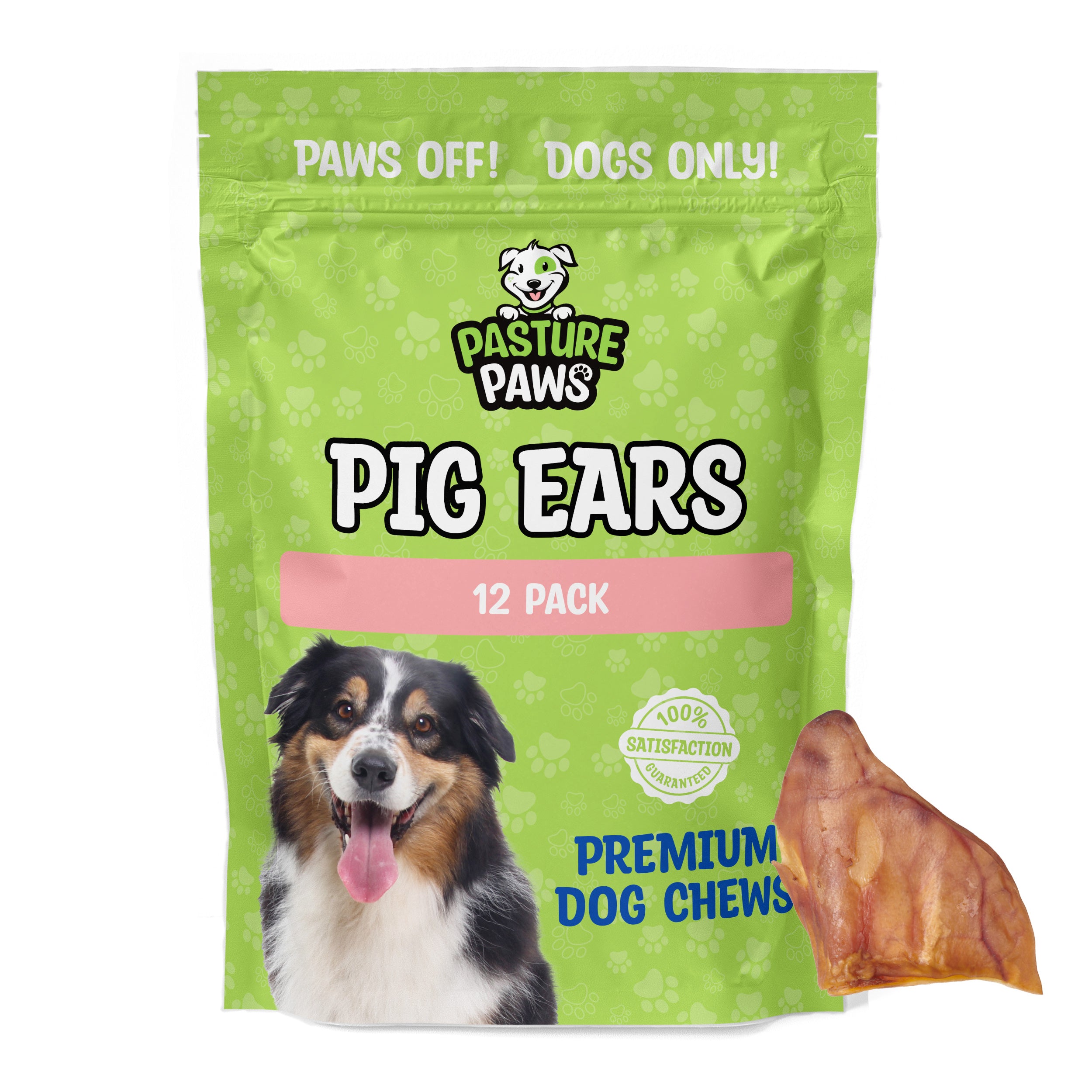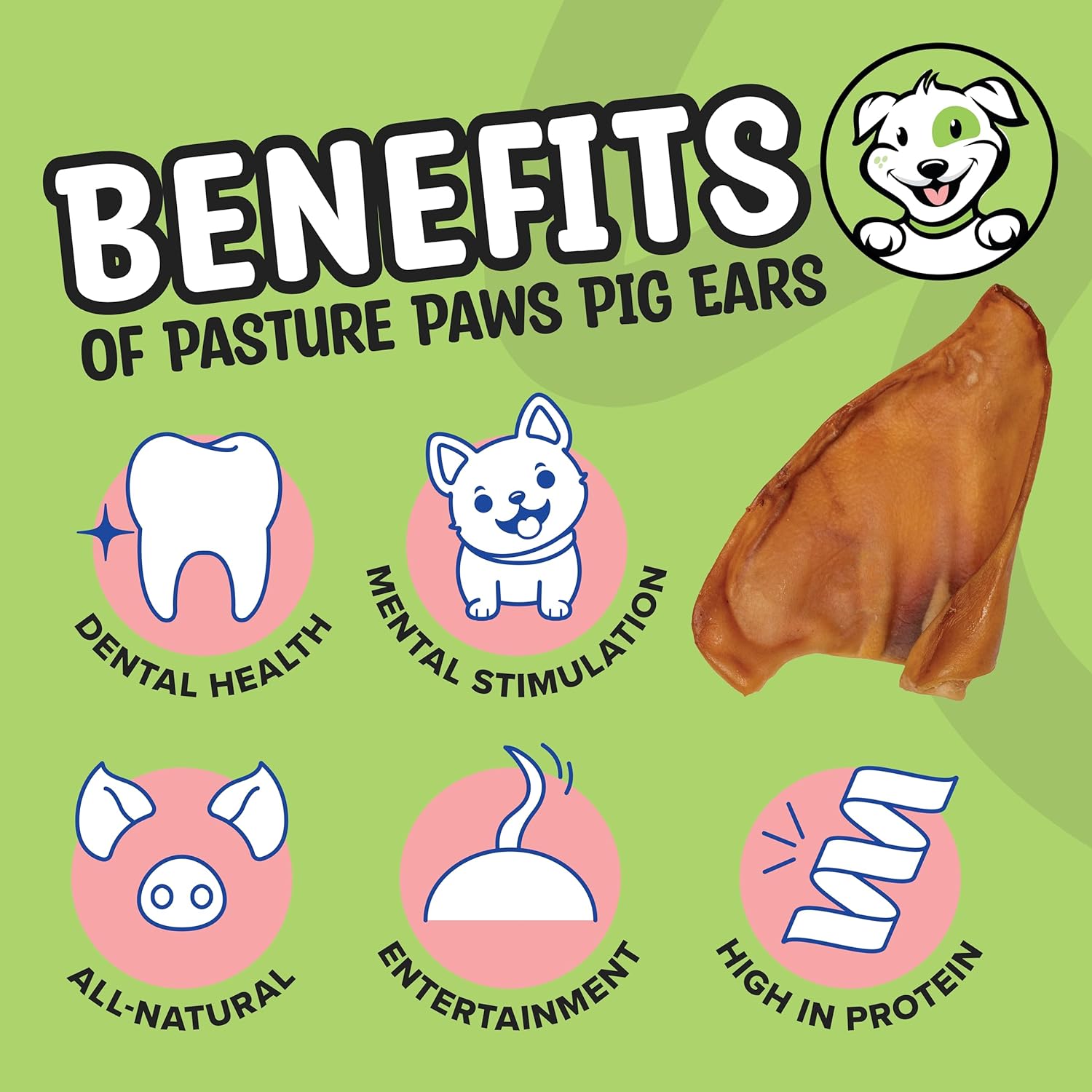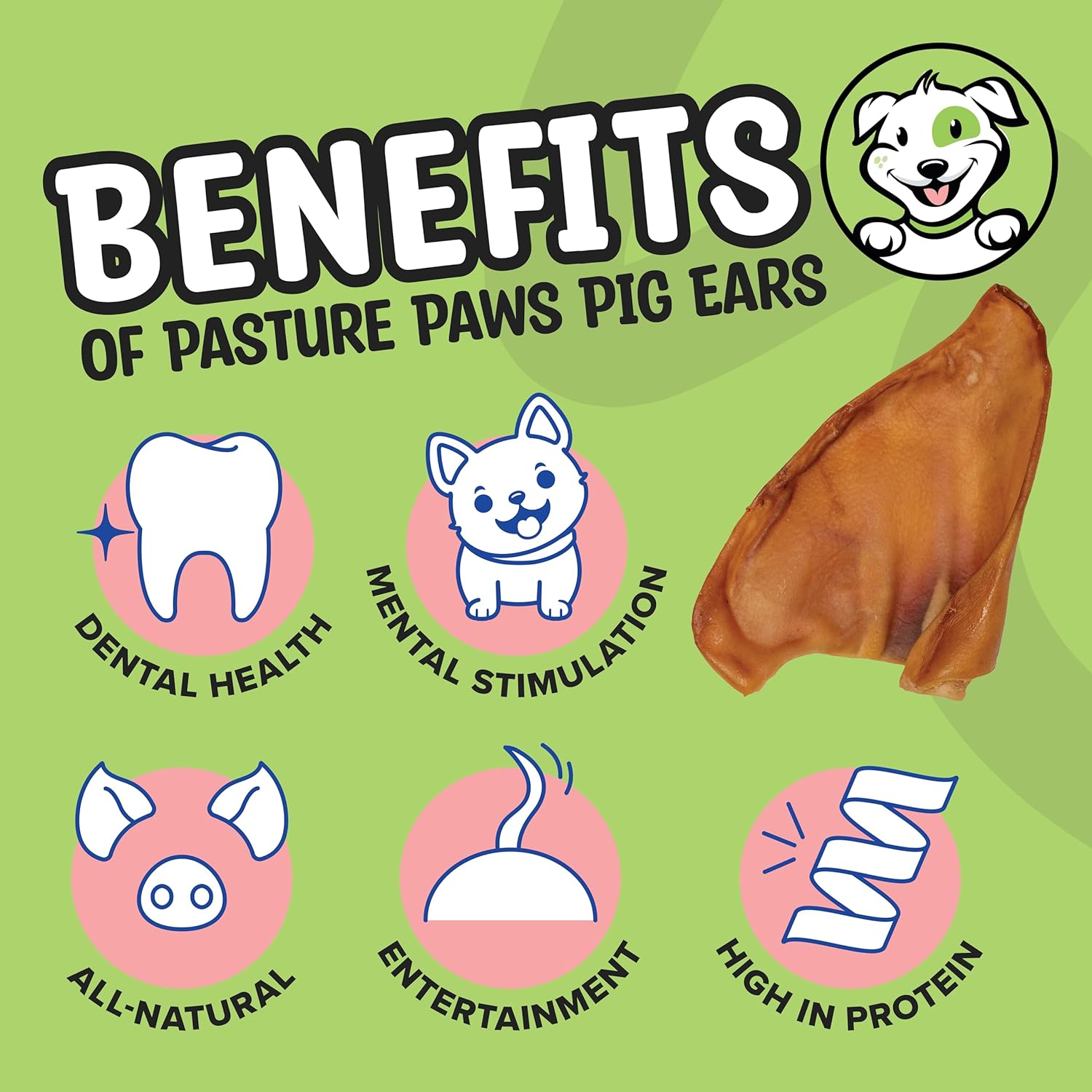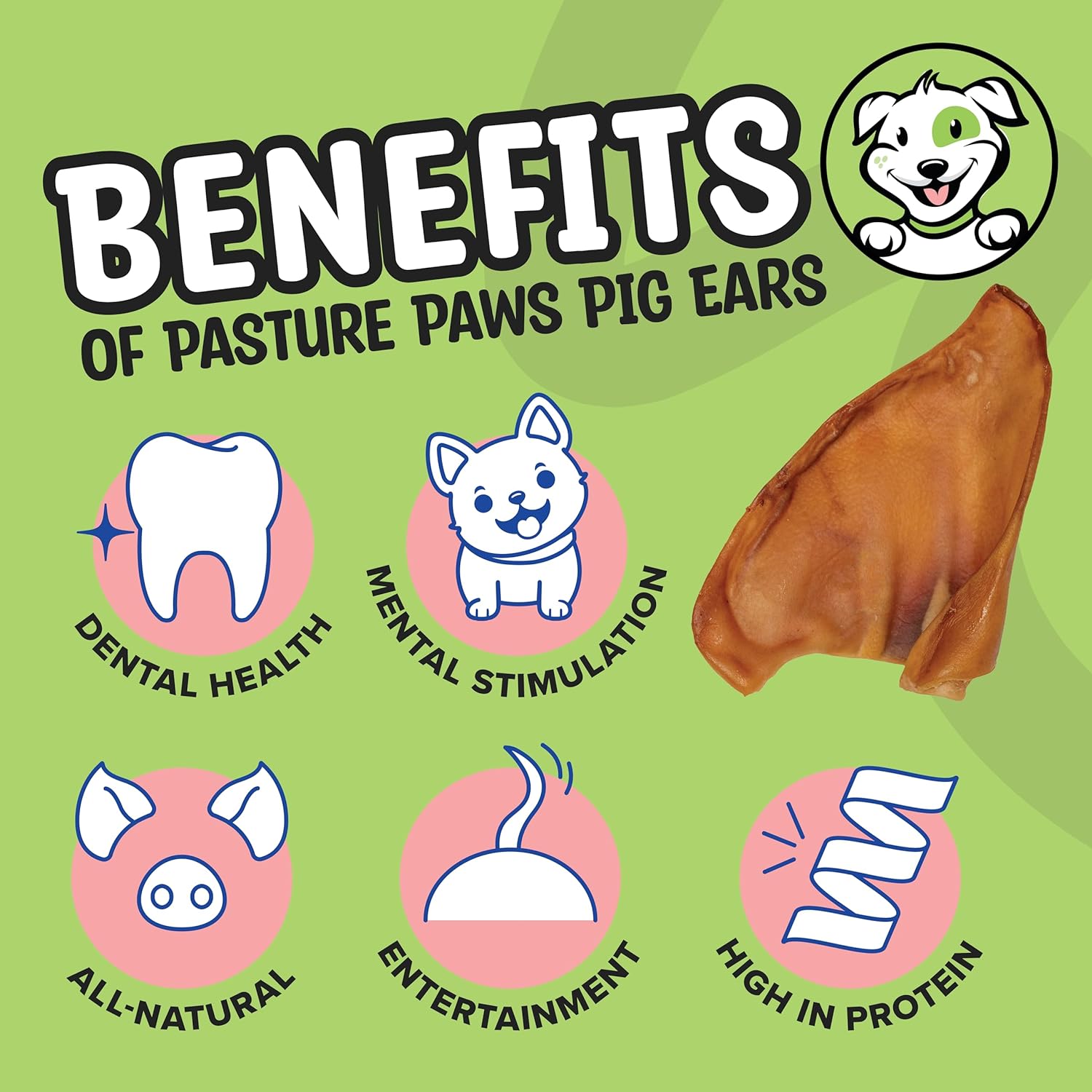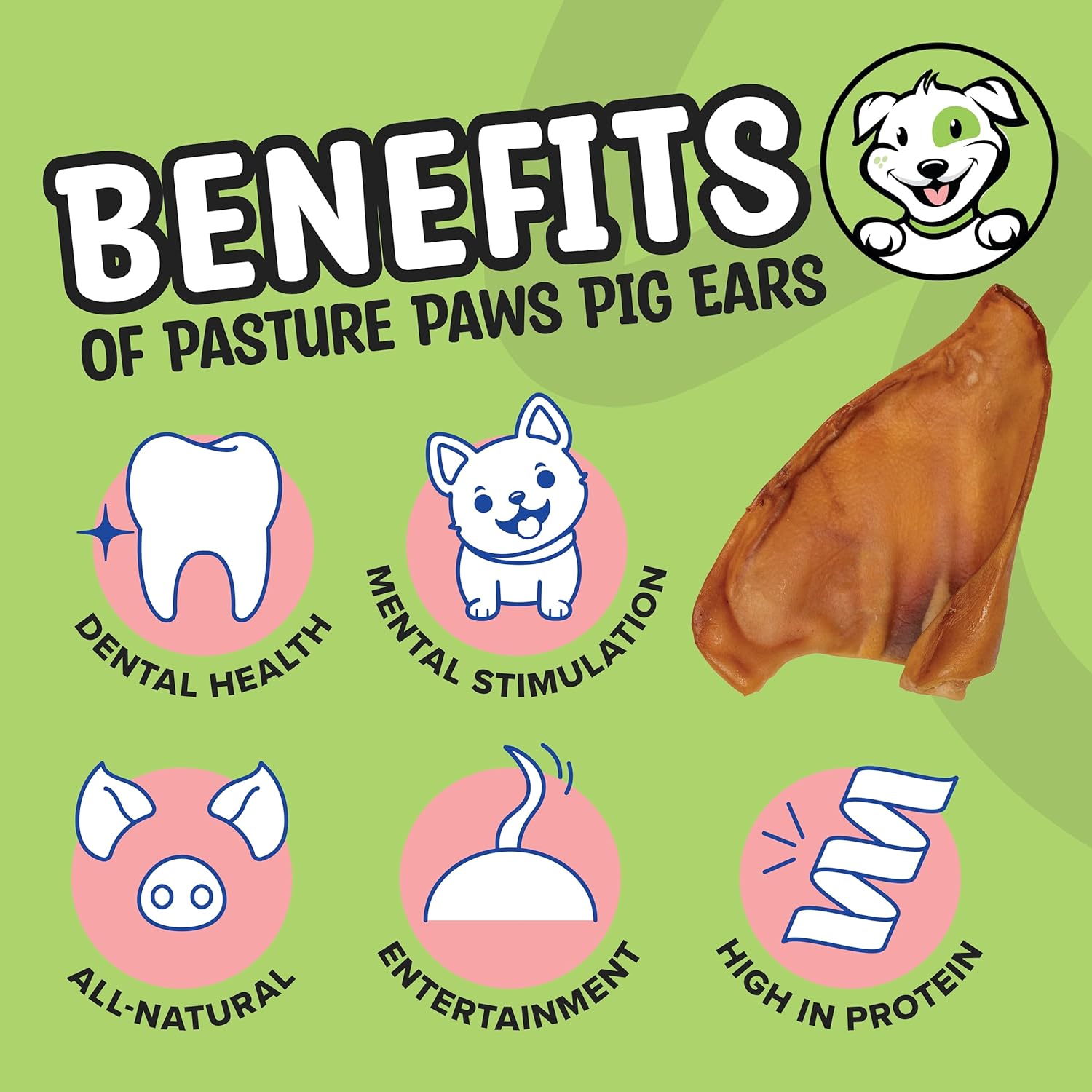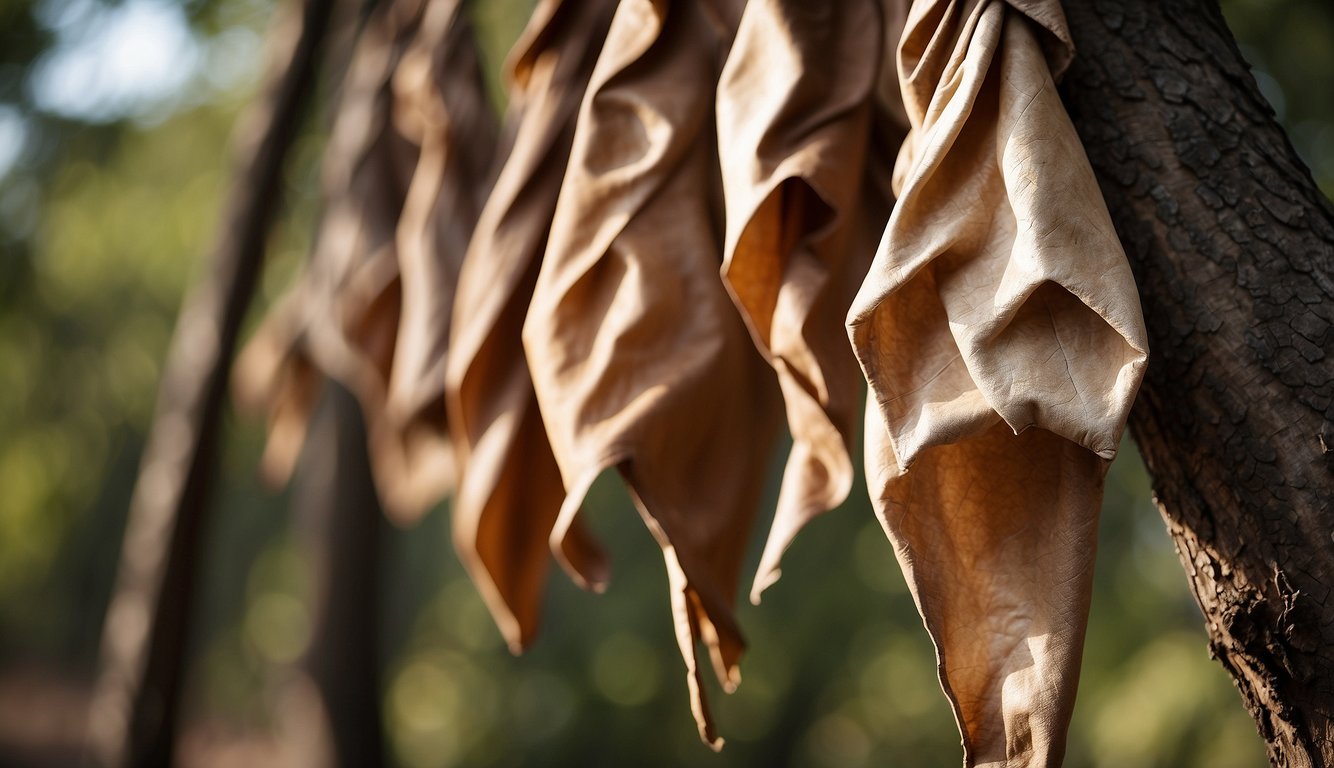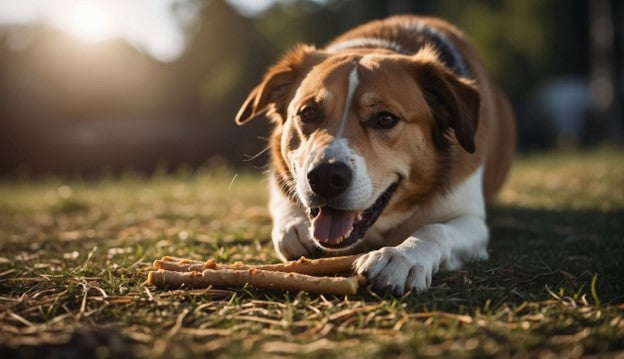Rawhide is a versatile material used in clothing, shoes, bags, armor, and furnishings. It's also popular as a dog chew treat. But what are rawhide made of? It comes from the inner layer of an animal's skin, usually cows or horses, and is untreated by tanning.
Lighter in color and more water-sensitive than traditional leather, rawhide softens and stretches if left wet. The production process involves cleaning, cutting, shaping, drying, and treating the hides with flavorings through mechanical and chemical methods.
Keep reading to discover more about rawhide's uses and benefits.
What is Rawhide Made Of
Rawhide is a natural material that has been used for centuries in various applications. It is made from animal skin, typically from cattle, buffalo, deer, or horses.
Animal Sources and Procurement
The process of obtaining rawhide begins with the procurement of animal skin. The most common sources of rawhide are cattle and buffalo hides, which are readily available in many parts of the world.
Deer hides are also used, but they are less common. Horse hides can also be used, but they are more expensive and less readily available.
Once the animal is slaughtered, the skin is removed and transported to a tannery. At the tannery, the skin is soaked in water to remove any remaining flesh or fat.
The hair is then removed, either by scraping or by soaking the skin in a solution of lye and water.
Tanning and Manufacturing Process
After the hair is removed, the skin is soaked in a solution of lime and water. This process is called "liming," and it softens the skin and removes any remaining flesh or fat.
The skin is then washed to remove the lime and soaked in a solution of salt and water to prevent bacterial growth.
The next step in the process is called "tanning," which involves treating the skin with chemicals to make it more durable and resistant to water.
The most common tanning agents used in the production of rawhide are chromium salts, which are known for their strong tanning properties.
What Are Rawhide Chews Made Of

Rawhide chews for dogs are a popular treat that can provide stimulation for your puppy's teeth and help reduce plaque buildup.
Rawhide is made from the inner layer of an animal's hide, typically from cows or horses. The production process involves removing the skin from the animal and then cleaning it to remove any dirt or debris.
Rawhide Chews for Dogs
Rawhide chews can be a great way to keep your dog occupied and provide a tasty treat. They can also help clean your dog's teeth and reduce plaque buildup.
However, it is important to choose the right size and shape of rawhide chew to avoid any choking hazards.
It is also important to supervise your dog while they are chewing on a rawhide chew to ensure they do not swallow any large pieces.
What Is Rawhide Made Out Of in Human Culture

Rawhide has been an essential material in human culture for thousands of years. Its flexibility and strength made it an ideal material for creating functional and long-lasting items. Here are some of the historical uses of rawhide and its significance in American Westerns.
Historical Uses of Rawhide
In primitive times, people utilized animal hides to make clothing, shoes, and other useful items. The use of rawhide came to be even more prevalent as civilizations developed, and it was utilized to make a wide range of goods such as armor, furnishings, and bags.
Rawhide is Made Of What? Crafting with Rawhide

Rawhide has been used for centuries to create a wide variety of practical and artistic items. From horse tack to lampshades, rawhide can be used to make durable and unique products. In this section, we will explore some of the ways you can use rawhide in your crafting projects.
Rawhide Art and Practical Items
Rawhide is a popular material for various craft projects, including leather braiding and dreamcatchers braiding.
Braiding rawhide is a technique that involves weaving thin strips of rawhide together to create intricate patterns. This technique can be used to make a wide range of items, including belts, bracelets, and even dog toys.
Another popular use for rawhide is to create rawhide bones for dogs.
Rawhide bones are made by soaking rawhide in water until it becomes pliable, then shaping it into a bone shape and allowing it to dry.
Rawhide bones are a popular chew toy for dogs, as they are durable and can help promote healthy teeth and gums.
In addition to art and practical items, rawhide can also be used to create unique and functional furniture pieces.
Alternatives to Rawhide

If you're looking for a safer and healthier alternative to rawhide for your furry friend, there are plenty of options available. Here are some alternatives that are worth considering:
Healthier Options for Dog Chews
-
Bully sticks: Bully sticks are an excellent alternative to rawhide chews. They are made from 100% beef, and they are highly digestible, making them safe for your dog to consume. Bully sticks are also a good source of protein and help keep your dog's teeth clean.
-
Dental chews: Dental chews are specifically designed to promote good dental health in dogs. They come in various shapes and sizes, and they are made from natural ingredients such as sweet potatoes, carrots, and pumpkin.
Dental chews help reduce plaque and tartar buildup, freshen your dog's breath, and promote healthy gums.
-
No-Hide chews: No-Hide chews are rawhide-free chews made from a blend of vegetables and chicken. They are highly digestible and contain no artificial colors, flavors, or preservatives. No-Hide chews are a safe and healthy alternative to rawhide chews.
Conclusion
Rawhide's versatility and long history of use make it a fascinating material. From clothing and furnishings to dog chews, it continues to be an integral part of our daily lives. Learning about what rawhide is made of has given me a newfound appreciation for its various applications and the intricate process behind its production. Whether you're crafting, looking for durable materials, or finding the perfect treat for your pet, rawhide has something to offer. Thanks for joining me on this exploration of rawhide! I hope you found it as interesting as I did.
For high-quality rawhide chews and other pet products, be sure to visit Pasture Paws. Your pets will thank you!
Frequently Asked Questions
What materials are used to produce rawhide chews for dogs?
Rawhide chews for dogs are made from the inner layer of cow or horse hides.
The hides are cleaned, de-haired, and cut into various shapes and sizes before being dried and treated with flavorings or other additives.
What are the benefits and drawbacks of giving rawhide to dogs?
Rawhide chews can provide dogs with a natural and satisfying way to satisfy their chewing instincts.
They can also help to clean teeth and promote healthy gums. However, rawhide can also pose certain risks, such as choking, digestive blockages, and bacterial contamination.
How is rawhide processed before it becomes a dog chew?
Rawhide is typically processed by soaking the hides in a solution of water and lime or other alkaline substances.
This process helps to remove hair, fat, and other impurities from the hides. The hides are then stretched and dried before being cut into various shapes and sizes.
Are there any digestible alternatives to rawhide for dogs?
Yes, there are several digestible alternatives to rawhide chews for dogs, such as bully sticks, pig ears, and beef tracheas.
These treats are made from natural animal parts and are generally easier to digest than rawhide.
How often should dogs be given rawhide treats?
It is best to limit your dog's intake of rawhide treats to no more than one per day. Overconsumption can lead to digestive issues and other health problems.
